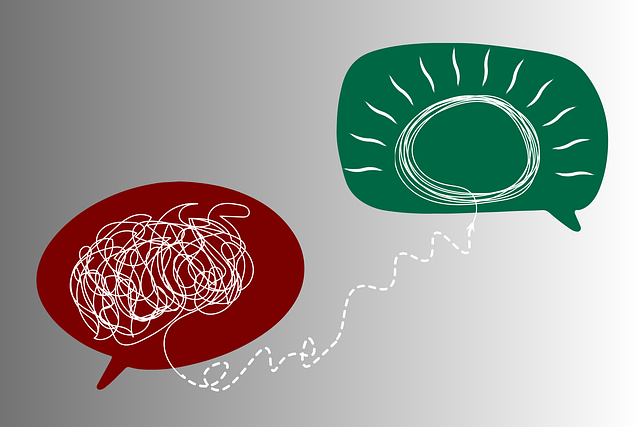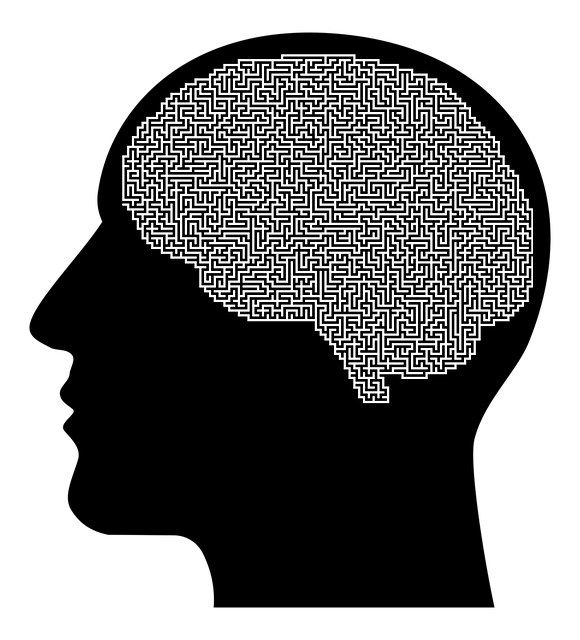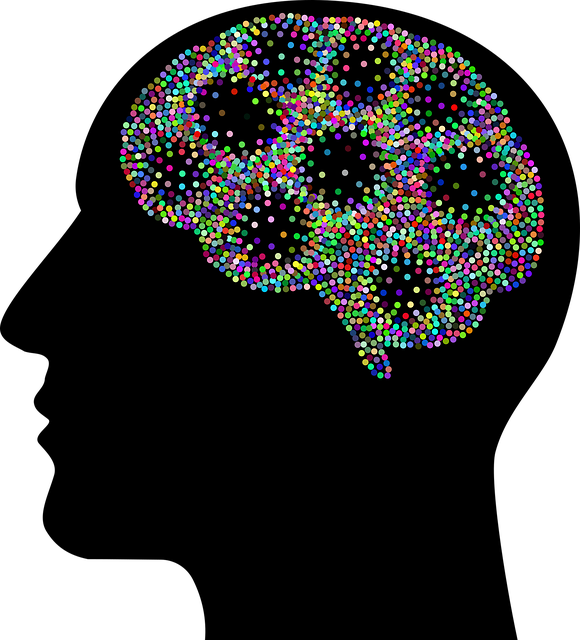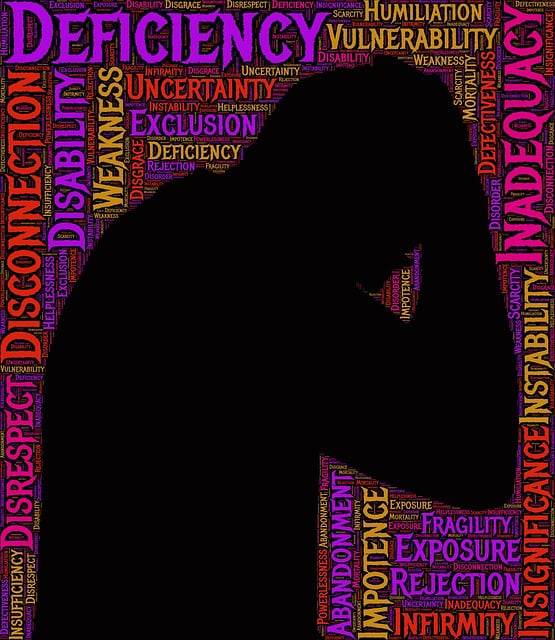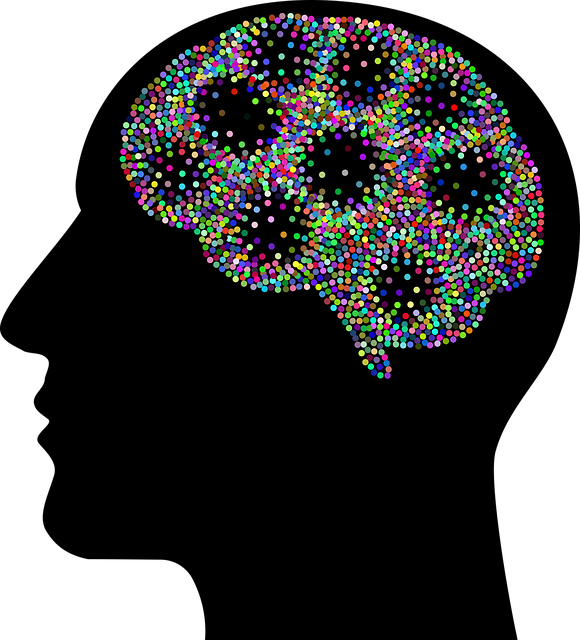Mental wellness apps leverage technology to offer personalized therapy options, including Boulder Codependency Therapy (BCT), breaking down barriers to care and promoting accessibility. These digital tools incorporate evidence-based practices like CBT and mindfulness, providing safe spaces for self-discovery through features such as meditation guides, mood tracking, and stress management techniques. By combining scientific evidence with user-friendly interfaces, they empower users to actively engage in their emotional well-being, disrupt unhealthy relationship patterns, and foster positive thinking. Effective apps prioritize UX considerations like customizable layouts, cultural sensitivity, and privacy protection, ensuring responsible design and integration of evidence-based practices to revolutionize mental health support.
In today’s digital age, mental wellness apps are transforming traditional therapy practices. “Understanding Mental Wellness Apps” explores this modern approach to mental health support. This article delves into the growing demand for innovative solutions, particularly focusing on Boulder Codependency Therapy, its digital adaptation in meeting diverse needs. We examine key features, user experience considerations, and ethical guidelines essential for app development. By addressing privacy, accessibility, and engaging design, developers can create effective tools that enhance mental wellness, offering a responsible yet powerful alternative to traditional therapy.
- Understanding Mental Wellness Apps: The Modern Approach to Therapy
- Identifying the Need for Boulder Codependency Therapy in Digital Space
- Key Features and Functionality: Designing Effective Tools for Mindfulness
- User Experience (UX) Considerations: Making Apps Accessible and Engaging
- Privacy, Ethics, and Success: Ensuring Responsible App Development
Understanding Mental Wellness Apps: The Modern Approach to Therapy

Mental wellness apps have emerged as a modern approach to therapy, offering accessible and personalized support for individuals seeking better emotional well-being. These digital tools are designed to cater to various mental health needs, from stress management and anxiety relief to more specialized areas like Boulder codependency therapy. By leveraging technology, they provide an innovative way for people to access therapeutic resources and engage in self-care practices.
One of the key benefits of these apps is their ability to offer tailored experiences. Through interactive features, users can receive personalized recommendations, track their progress, and connect with a community of like-minded individuals. Incorporating techniques such as mindfulness exercises, cognitive behavioral therapy (CBT), and trauma support services, these mental wellness coaching programs aim to enhance overall emotional well-being. They also play a crucial role in breaking down barriers to care by making professional support more accessible and convenient for those who may not have otherwise sought help.
Identifying the Need for Boulder Codependency Therapy in Digital Space

In today’s digital era, where people are increasingly spending time online, there is a growing need to address mental health issues, particularly codependency. Boulder Codependency Therapy (BCT) recognizes and caters to this rising demand by offering a unique approach to emotional healing processes through digital spaces. Traditional therapy often faces accessibility barriers, but BCT aims to revolutionize this by making compassionate cultivation practices more accessible via online platforms.
By utilizing technology, BCT can reach a broader audience who may be hesitant or unable to attend in-person sessions. This shift towards digital therapy allows for flexibility and convenience, encouraging individuals to prioritize their mental wellness. The focus on positive thinking and fostering compassion is at the core of this therapeutic approach, ensuring that users receive comprehensive support tailored to their specific needs.
Key Features and Functionality: Designing Effective Tools for Mindfulness

In today’s digital age, mental wellness apps have emerged as powerful tools to combat growing concerns around depression prevention and mental illness stigma reduction efforts. A well-designed app can offer a safe, accessible space for users to explore self-awareness exercises tailored to their unique needs. Incorporating features like personalized meditation guides, mood tracking, and stress management techniques enables individuals to actively engage in their emotional well-being.
For instance, an app could integrate Boulder Codependency Therapy principles to help users identify and challenge unhealthy relationship patterns, fostering healthier emotional connections. Effective tools for mindfulness should encourage consistent practice through gamification elements or reminders, enabling users to build long-term habits that promote mental resilience. By combining scientific evidence with user-friendly interfaces, these apps have the potential to revolutionize how we support and nurture our mental health.
User Experience (UX) Considerations: Making Apps Accessible and Engaging

When developing a mental wellness app, User Experience (UX) considerations are paramount to ensure accessibility and engagement for users seeking support. A well-designed interface that accommodates diverse user needs is crucial. This includes implementing features like customizable layouts, adjustable text sizes, and color contrast options to cater to individuals with visual impairments or specific preferences. For instance, incorporating tools that facilitate accessibility, such as voice commands and screen readers, can significantly enhance the app’s usability for those who rely on alternative input methods.
Moreover, incorporating effective communication strategies, grounded in Mind Over Matter Principles, can foster meaningful interactions within the app. Encouraging users to express their thoughts and feelings through interactive journaling or therapeutic chats should be balanced with options for passive engagement, ensuring a personalized experience. Cultural sensitivity in mental healthcare practice is also essential; the app should offer resources and support that are respectful of diverse cultural backgrounds, avoiding stereotypes or assumptions. By addressing these UX considerations, mental wellness apps like Boulder Codependency Therapy can become powerful tools, accessible to all, aiming to improve overall mental health and well-being.
Privacy, Ethics, and Success: Ensuring Responsible App Development

In the realm of mental wellness app development, prioritizing privacy and ethical considerations is paramount. As users share intimate details about their emotional well-being, ensuring data security and confidentiality is crucial. Developers must adhere to strict privacy regulations like GDPR or CCPA, implementing robust encryption protocols and secure storage methods. Transparency regarding data usage and user rights fosters trust, especially when addressing sensitive topics such as codependency therapy.
Moreover, the success of a mental health app lies not only in its functionality but also in responsible design and impact. Developers should consider ethical implications, like avoiding harmful stereotypes or providing inaccurate information. Incorporating evidence-based practices and collaborating with mental health professionals ensures the app promotes effective mental health awareness and emotional well-being promotion techniques. By adopting these guidelines, creators can develop apps that not only assist users in their self-care practices but also contribute positively to the overall mental wellness community.
Mental wellness apps are revolutionizing access to therapy, particularly for niche areas like Boulder codependency therapy. By focusing on key features like mindfulness tools, engaging user experiences, and responsible development practices that prioritize privacy and ethics, these digital solutions have the potential to significantly impact mental health support. As demand continues to grow, developers must stay attuned to user needs and evolving research in order to create effective, impactful, and successful apps in this space.
